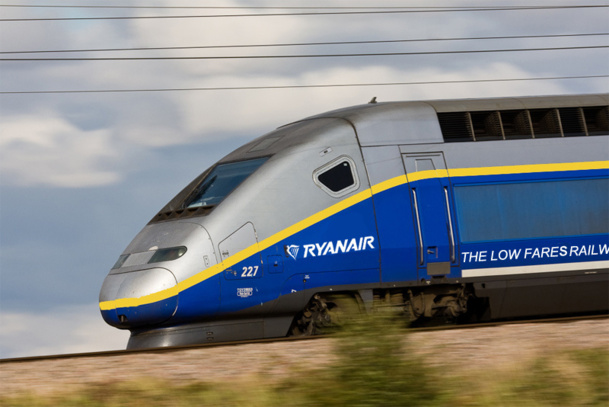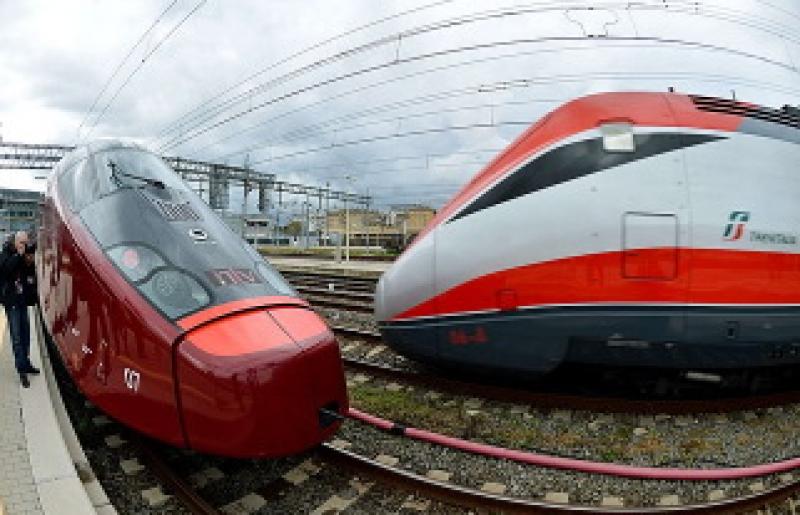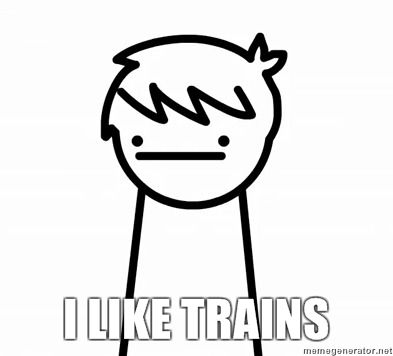Next stop: competition
The rail market is on the brink of a revolution

Another week of strikes passed by in France. President Emmanuel Macron is pushing forward his reforms to modernize the country’s economy, which is clashing with the powerful French trade unions, quickly shaping his presidency around this very issue. He is not the first to have tried to tackle the issue, with the last (failed) attempt in 1995. So, why are the railways the target of Macron’s overhaul? Well, the SNCF’s workers have one of the best contracts in the whole country, with early retirement, no chance of getting laid off and good automatic pay rises.
That’s not a valid reason to go after them though. The fact is that a huge Damocles’ sword is hanging over the whole sector. Thanks to a new European regulation (UE 2016/2338) called Fourth Railway Package, starting from 2020, every Member State will have to open its railway market to competition for every other company based in another Member State. As it stands now, the protected French market risk getting overwhelmed by new competition and is in dire need of a more modern and efficient outlook. But who are these competitors? If every country has a protected market, it means they are all in equally bad shape to tackle new adversaries, right?
 Right the contrary. There is one country that moved ahead and is enjoying the benefits of competition in its high-speed rail market, with the lowest ticket price and the highest frequency of trains of the whole continent. Can you guess which one? If you guessed Italy, then congrats, you are right. I, as an Italian, was surprised to hear that the Country was not only the first in Europe to open it’s High-speed rail market to competition, but the first in the world (recently South-Korea studied the model and is implementing it) to have two companies battling it out, which made the market so competitive that airlines do not operate or have severely cut off certain destinations, like the link between Rome and Milan.
Right the contrary. There is one country that moved ahead and is enjoying the benefits of competition in its high-speed rail market, with the lowest ticket price and the highest frequency of trains of the whole continent. Can you guess which one? If you guessed Italy, then congrats, you are right. I, as an Italian, was surprised to hear that the Country was not only the first in Europe to open it’s High-speed rail market to competition, but the first in the world (recently South-Korea studied the model and is implementing it) to have two companies battling it out, which made the market so competitive that airlines do not operate or have severely cut off certain destinations, like the link between Rome and Milan.
This has been a formidable training ground for the two companies which will be put in practice in some of the most lucrative routes like the Brussels – Paris, the Cologne – Hamburg and the London – Edinburgh. It doesn’t stop there, as many other routes are being eyed by rail companies, such as the Paris – Lyon or the Brussels – Cologne or even the Paris – Milan.
 Will we see the “Ryanair of trains” in the near future? Nobody knows. Nevertheless, this legislation is a cornerstone of good European policy-making and, even if less advertised than the roaming directive, it aims at the same sweet spot: to make the consumer and the businesses truly enjoy the benefits of the European Single Market. With the expansion of the TEN- T corridors, we will establish a European core rail network that knows no border and connects all the member states and will help connect its people even more (although I’ve got to say cheap airlines are doing a wonderful job at that already). Furthermore, this is also good news for the environment as the train pollutes sensibly less than a car or a plane, it’s safer and overall more reliable.
Will we see the “Ryanair of trains” in the near future? Nobody knows. Nevertheless, this legislation is a cornerstone of good European policy-making and, even if less advertised than the roaming directive, it aims at the same sweet spot: to make the consumer and the businesses truly enjoy the benefits of the European Single Market. With the expansion of the TEN- T corridors, we will establish a European core rail network that knows no border and connects all the member states and will help connect its people even more (although I’ve got to say cheap airlines are doing a wonderful job at that already). Furthermore, this is also good news for the environment as the train pollutes sensibly less than a car or a plane, it’s safer and overall more reliable.
So, to go back to my original point, Macron is in the midst of fighting a battle that could very well define his presidency and, on the other side, the unions do not accept the rhetoric that the huge debt that the company has accumulated is the fault of workers benefits. They blame the country’s heavy investments in high-speed rail infrastructure construction as the main motive as well as the lack of attention given to regional and urban lines, who are left with low funds and lower ridership. For the moment though, the government seems set to abolish these benefits for new hires and to make SNCF into a limited or joint-stock company, but, if history has proven us anything, it is to never underestimate a French protest.
